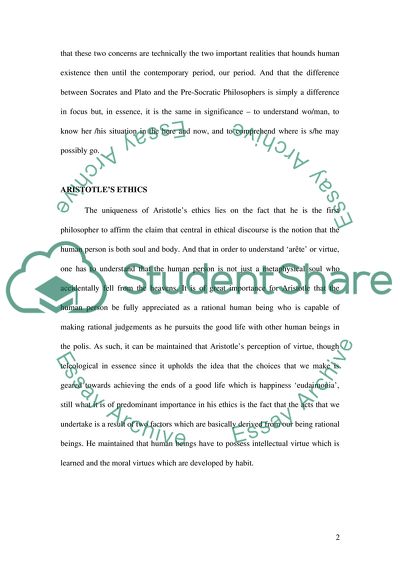Cite this document
(The Foundation of Humanistic Philosophy Essay Example | Topics and Well Written Essays - 1250 words, n.d.)
The Foundation of Humanistic Philosophy Essay Example | Topics and Well Written Essays - 1250 words. https://studentshare.org/philosophy/1714166-humanistic-philosophy
The Foundation of Humanistic Philosophy Essay Example | Topics and Well Written Essays - 1250 words. https://studentshare.org/philosophy/1714166-humanistic-philosophy
(The Foundation of Humanistic Philosophy Essay Example | Topics and Well Written Essays - 1250 Words)
The Foundation of Humanistic Philosophy Essay Example | Topics and Well Written Essays - 1250 Words. https://studentshare.org/philosophy/1714166-humanistic-philosophy.
The Foundation of Humanistic Philosophy Essay Example | Topics and Well Written Essays - 1250 Words. https://studentshare.org/philosophy/1714166-humanistic-philosophy.
“The Foundation of Humanistic Philosophy Essay Example | Topics and Well Written Essays - 1250 Words”. https://studentshare.org/philosophy/1714166-humanistic-philosophy.


